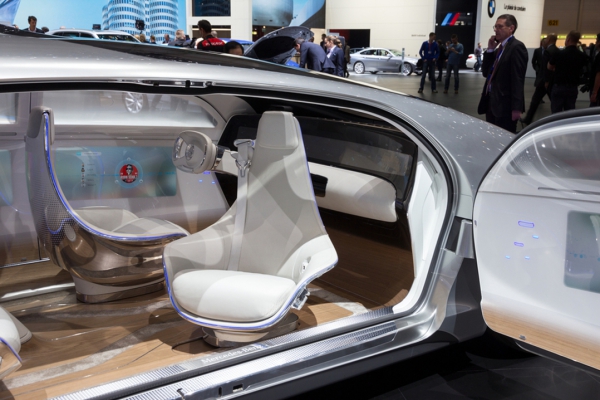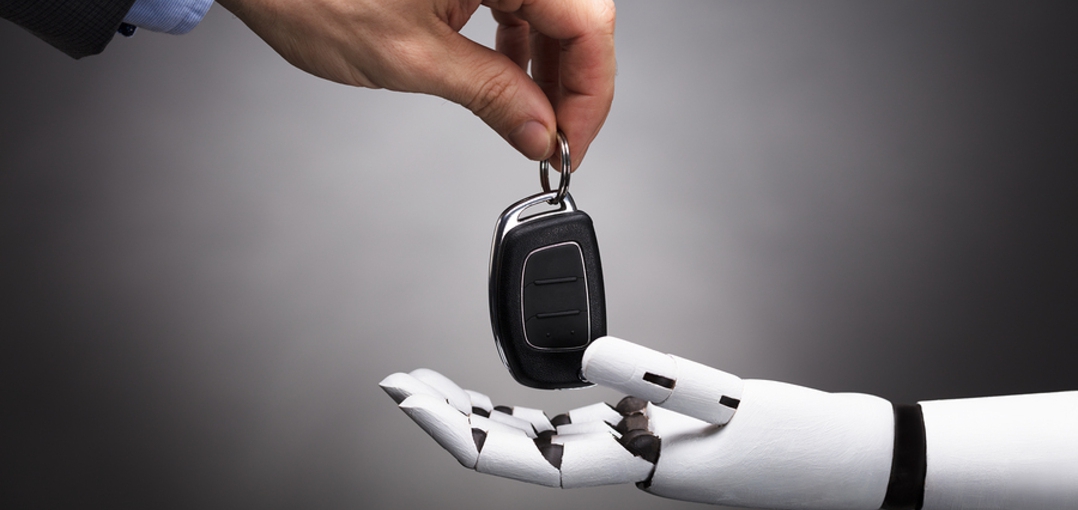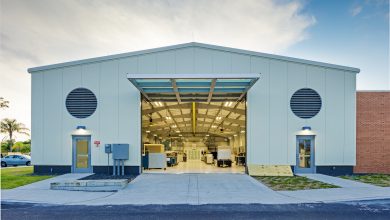Keeping the Driverless Cars of the Future Secure
New technologies may safeguard driverless cars for future owners
Driverless cars are now being developed in factories around the world and tested on our roads here in the U.S. in states like Pennsylvania and Michigan. Driverless cars offer many benefits to consumers, including increased safety, cost savings in gas and insurance, and ease of use that saves time and effort. These benefits may be negated, however, if driverless cars can’t be secured against hackers and other cybercriminals.
Autonomous Autos and Cybersecurity
The cybersecurity concerns of driverless cars are real and have already been demonstrated in current automobiles with drivers whose computer systems have been hacked. The highly computerized nature of both driverless and traditional cars operated by a driver has made them vulnerable to cyber attacks, which could be devastating when no one is at the wheel or knows how to operate the car.
Hackers and cybercriminals could benefit from hacking driverless cars in several ways. One, they could gain access in order to steal the car. Two, they could cause chaos or kill the person in the car. And three, they could hold the car hostage, possibly to try to extort a ransom from the family or employer of whoever is in the car at the time.
The lucrative nature of hacking driverless cars makes it fairly likely that cybercriminals will try hard to do so. How the security industry deals with cybersecurity threats to driverless cars will likely determine whether the cars will be safe to drive and whether society will be comfortable using these automobiles in the future.

New Security Developments May Protect Driverless Cars
Driverless cars need the best possible security because of the potential for injury and death from accidents. Newer security technologies like blockchain and quantum hash cryptography offer hope that security professionals will be able to outstrip hackers’ attempts better than they have in the past. So far, no cars have ever been hacked when they were actually on the road, but that doesn’t mean it couldn’t happen with current security measures.
Before new security measures could be called foolproof, however, they will need extensive testing to determine their safety. Even then, hackers have proven their ability to breach just about any system that has existed to this date, so cybersecurity professionals will have to be alert to possible future problems.
The timeline for bringing driverless cars to roads near you is reportedly only a few years, according to companies working toward that goal. Without assistance from the best possible cybersecurity professionals, however, their efforts are not likely to succeed any time soon. Consumers are not likely to put their confidence, their money or their physical safety behind a driverless vehicle that could be hacked or that is not safe from security threats.
Florida Tech offers a cybersecurity degree program that trains students to be on the cutting edge of technology and cyber threats. Learn more about our cybersecurity program today.





